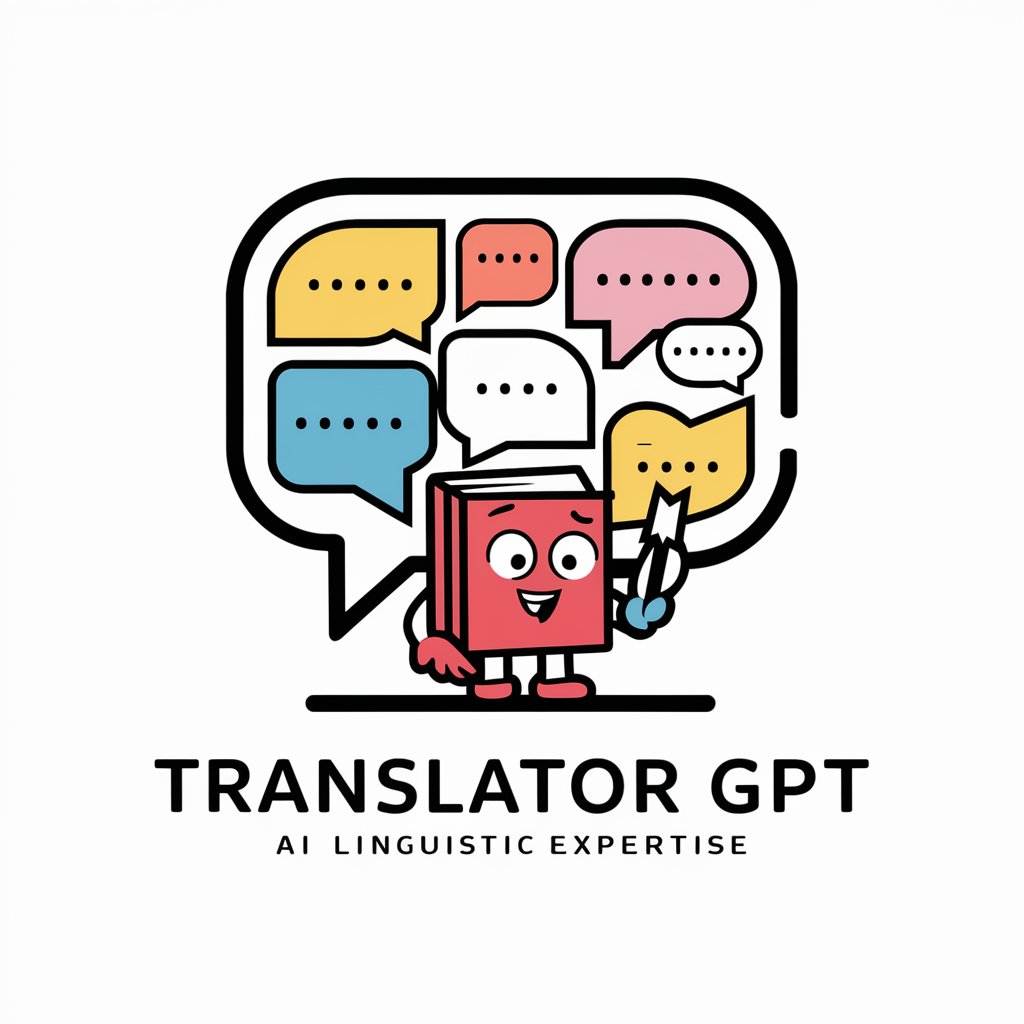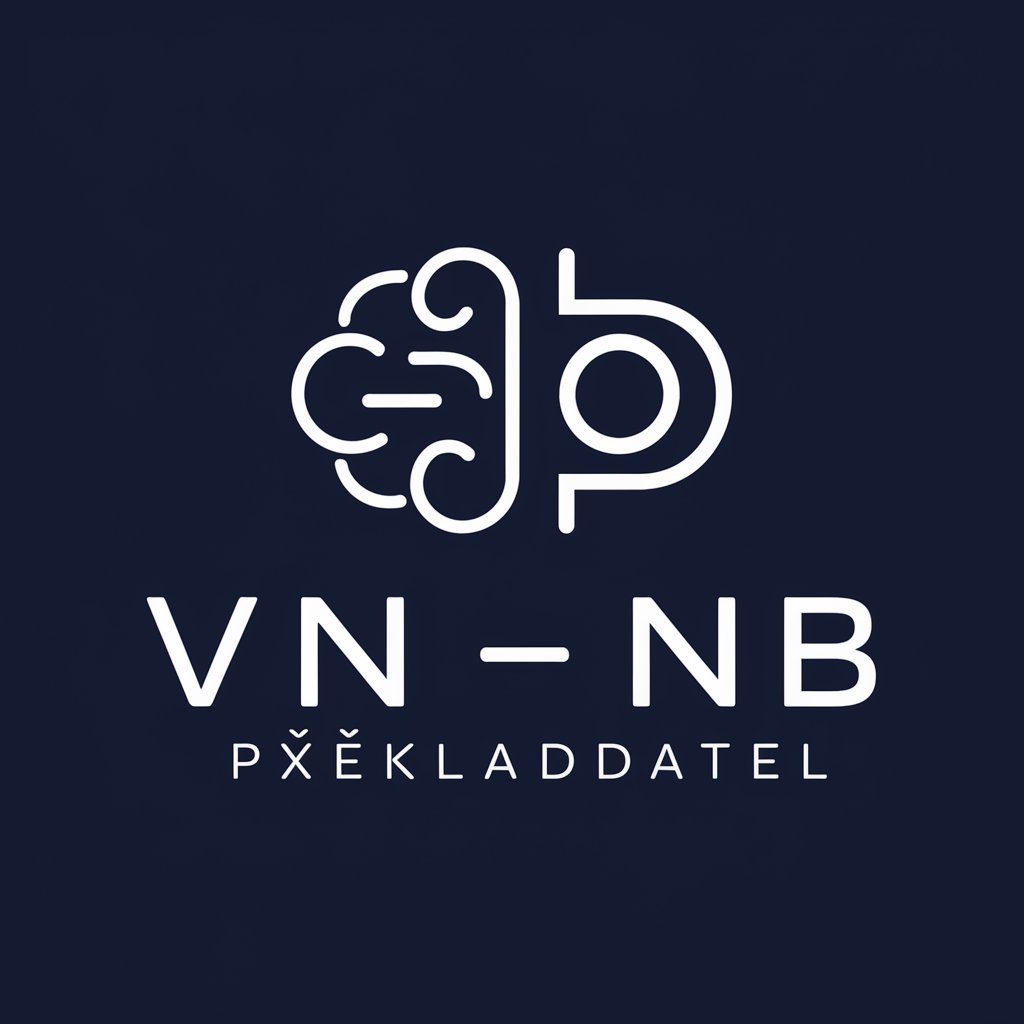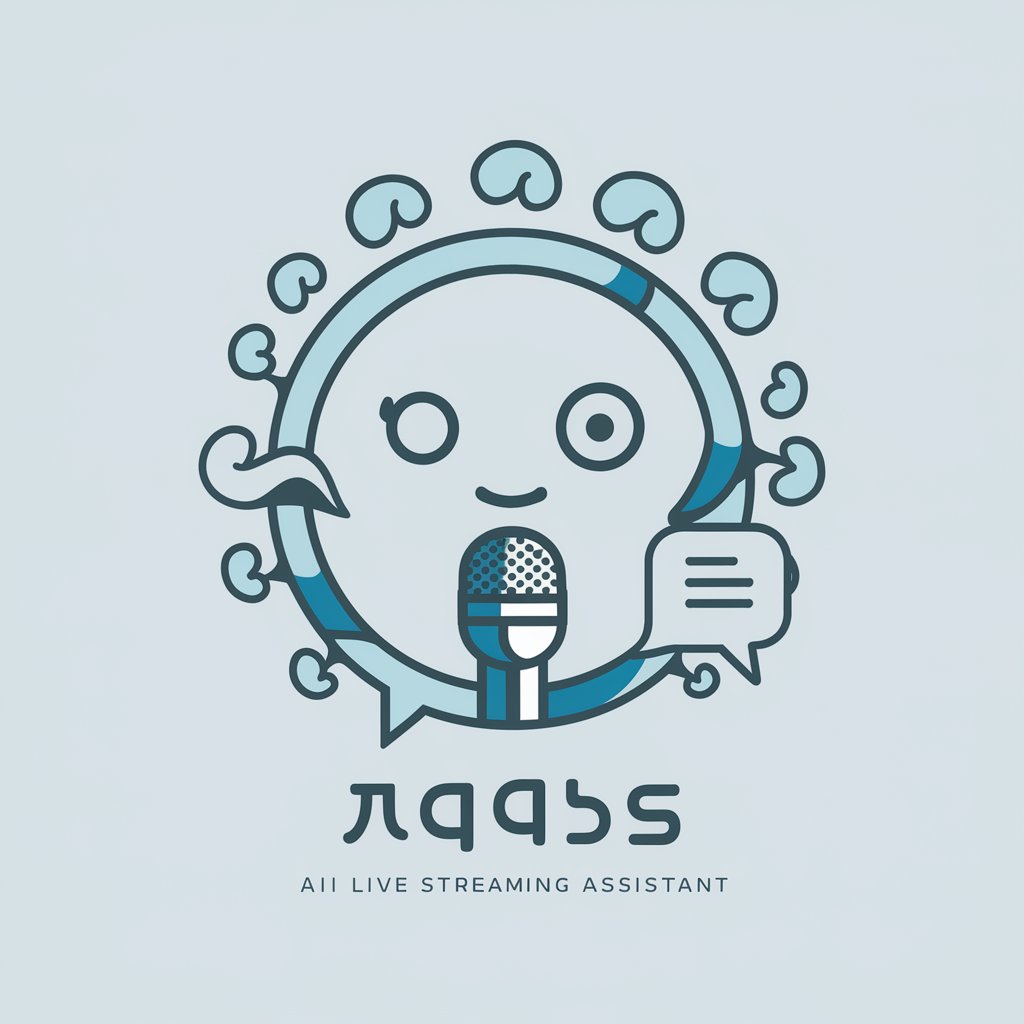Translator - Accurate Accent Translation

Hello! I'm here to help you with translations and explanations.
Bringing Languages Closer with AI
Translate the following paragraph into French, using a Parisian accent:
Explain the meaning of this technical term in simple English:
Simplify this legal text for a general audience:
Translate this idiomatic expression into Spanish, with a Mexican accent:
Get Embed Code
Understanding Translator: A Detailed Overview
Translator is a specialized GPT designed to bridge language and cultural gaps by providing translations with a focus on specific accents or dialects. It goes beyond mere word-for-word translation to include colloquial expressions, idioms, and nuances unique to the target language's accent. The purpose behind Translator's design is to ensure that translations are not only accurate but also resonate with the cultural and contextual subtleties of the target audience. For instance, if translating English text into Spanish with an Argentine accent, Translator would use local idioms and slang that are familiar to an Argentine audience, enhancing the translation's authenticity. This approach makes the translated content more engaging and relatable for the reader. An example scenario could involve translating a British English document into American English, where Translator would adapt phrases like 'boot of a car' to 'trunk of a car', reflecting the linguistic preferences of the American audience. Powered by ChatGPT-4o。

Core Functions of Translator and Their Real-World Applications
Accent-Specific Translation
Example
Translating a business proposal from Standard German to Swiss German, incorporating regional dialects and expressions to ensure the document resonates with Swiss business partners.
Scenario
A German company looking to expand its operations into Switzerland uses Translator to adapt their business documents, making them culturally and linguistically appropriate for the Swiss market.
Cultural Nuance Integration
Example
Adapting an American TV show script for a British audience, changing terms like 'apartment' to 'flat' and adding local humor.
Scenario
A production company localizing an American TV series for the UK market employs Translator to ensure the script feels natural and engaging to British viewers, enhancing relatability and viewer engagement.
Educational Material Localization
Example
Converting educational materials from International Spanish to Colombian Spanish, using local educational terminology and examples relevant to Colombian students.
Scenario
An educational platform aiming to expand its presence in Colombia uses Translator to localize its content, making it more accessible and effective for Colombian learners.
Who Benefits Most from Translator Services?
Global Businesses
Companies operating in multiple countries can use Translator to adapt their communications, marketing materials, and documentation to fit the local language and cultural context of each market. This customization can improve customer engagement, brand perception, and market penetration.
Content Creators
Writers, filmmakers, and digital content creators targeting audiences in different linguistic regions can benefit from Translator's ability to adapt content to reflect local dialects, idioms, and cultural references, making their work more relatable and enjoyable for diverse audiences.
Educators and E-Learning Platforms
Educational institutions and online learning platforms seeking to offer courses to a global audience can utilize Translator to localize their course materials and instructional content, ensuring it is culturally relevant and easier to understand for students from different backgrounds.

How to Use Translator
Start Your Journey
Begin by visiting yeschat.ai to access a free trial of Translator without the need for a login or ChatGPT Plus subscription.
Identify Your Needs
Determine the specific language or dialect you need assistance with, and prepare the text you wish to translate or understand better.
Utilize Features
Leverage Translator's capabilities to input your text and select the desired accent or language for translation. Use the accent modification feature for localized translations.
Apply Tips for Optimization
For the best results, provide clear context for your text, use simple sentences for complex translations, and specify any idiomatic expressions you're interested in.
Review and Learn
After receiving your translation, review the output for accuracy and use the opportunity to learn about linguistic nuances, enhancing your understanding of the target language.
Try other advanced and practical GPTs
MexiLingo Translator
Bringing Cultures Closer with AI

VNB Překladatel
Elevate Your Text with AI-Powered Precision

文献翻译理解助手
Expertly bridging languages with AI precision

FAST//WRITER
Elevate your writing with AI-powered precision.

Film & Cinema Studies Guide
Illuminate the Art of Cinema with AI

GPT Idea Enhancer
Elevating Chatbot Ideas with AI Power

DIY Herb Mixology
Craft Custom Herbal Solutions with AI

Live
Elevate your streams with AI-powered assistance

小浪
Enhance your live stream with AI power

MindStream
Visualize, Analyze, Simplify with AI

AyurVidya Guide
Empowering Ayurveda with AI

PersonalBrand
Elevate Your Twitter Presence with AI

Frequently Asked Questions about Translator
What makes Translator different from other translation tools?
Translator focuses on delivering translations with specific accents and dialects, providing a more localized and authentic experience. It also emphasizes educational aspects, helping users understand linguistic nuances.
Can Translator handle translations for professional or academic purposes?
Yes, Translator is designed to support a range of texts, including those for professional and academic contexts. It ensures that translations are not only accurate but also tailored to the formal or informal tone required.
Does Translator offer support for lesser-known languages or dialects?
Translator aims to cover a wide array of languages and dialects, including some that are less commonly supported by mainstream translation tools, focusing on inclusivity and broad linguistic access.
How can I ensure the best translation quality with Translator?
Provide clear, context-rich text and specify the desired tone and dialect. Taking advantage of the tool's educational features to understand the translation process can also enhance quality.
Is there a limit to the length of text Translator can process at one time?
While Translator is designed to handle substantial texts, very long documents may need to be divided into smaller segments for optimal translation quality and processing efficiency.
